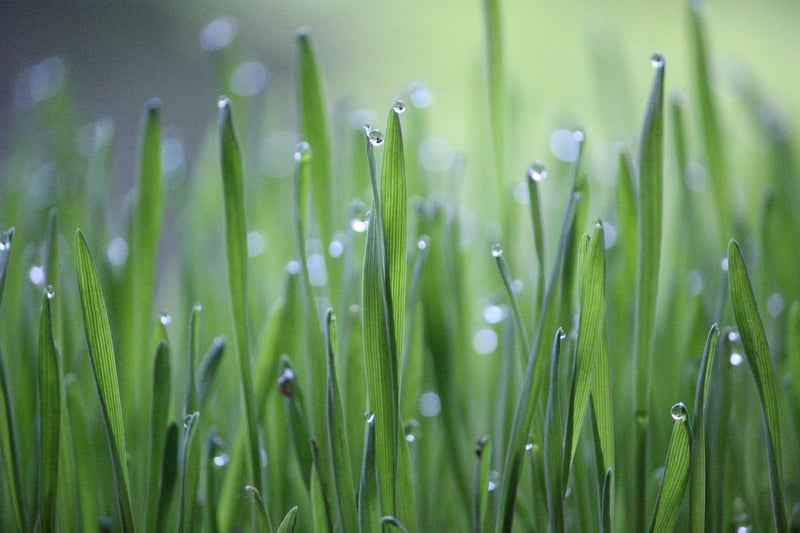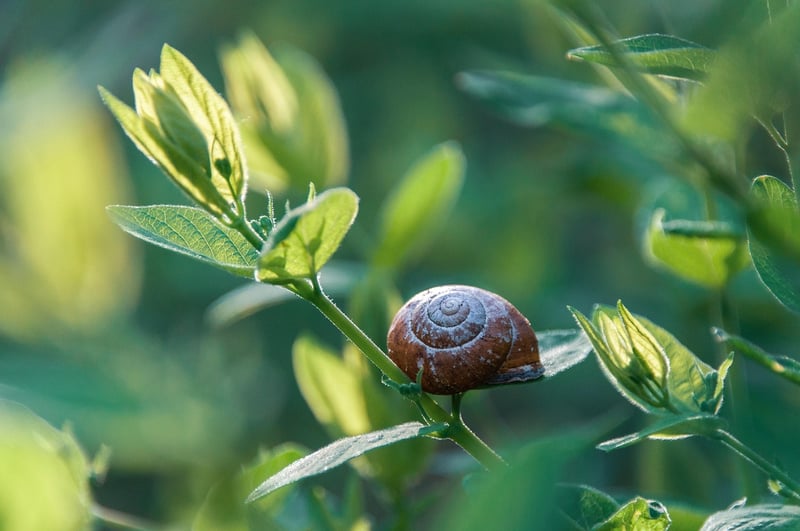Eco-Friendly Pest Control
Environmentally Friendly Practices for Eco-Friendly Pest Control
In today's world where environmental conservation is a top priority, it's essential to adopt eco-friendly practices even when dealing with pest control. Traditional pest control methods often involve the use of harmful chemicals that can have adverse effects on the environment, human health, and non-targeted species. However, there are several environmentally friendly practices that can effectively control pests without causing harm. Let's explore some of these eco-friendly pest control methods:
1. Integrated Pest Management (IPM)
IPM is a sustainable approach to managing pests that combines biological, cultural, physical, and mechanical tools to minimize the use of chemical pesticides. By using IPM, pest populations are controlled through methods such as natural predators, traps, and barriers, reducing the reliance on harmful chemicals.
2. Beneficial Insects
Introducing beneficial insects like ladybugs, lacewings, and parasitic wasps into your garden or agricultural field can help control pest populations naturally. These insects prey on harmful pests, reducing the need for chemical interventions.
3. Organic Pesticides
Opt for organic pesticides made from natural ingredients like neem oil, diatomaceous earth, or garlic spray. These products are effective against pests while being safe for beneficial insects, pets, and the environment.
4. Proper Waste Management
Eliminate pest habitats by practicing proper waste management. Seal trash cans, compost bins, and food containers tightly to prevent pest infestations. By removing potential food and shelter sources, you can deter pests from your surroundings.
5. Physical Barriers
Use physical barriers like screens, nets, and row covers to protect plants from pests. These barriers create a barrier between pests and your crops, reducing the need for chemical pesticides.
6. Crop Rotation
Rotate crops in your garden to disrupt pest life cycles. Different pests are attracted to different plants, so rotating crops can help reduce pest populations naturally without the use of harmful chemicals.
7. DIY Pest Control Solutions
Explore DIY pest control solutions like vinegar sprays, soap solutions, and essential oils to repel pests from your home or garden. These natural remedies are safe, cost-effective, and environmentally friendly.
Conclusion
By incorporating these environmentally friendly practices into your pest control routine, you can effectively manage pest populations while safeguarding the environment and promoting biodiversity. Embracing eco-friendly pest control not only protects our planet but also creates a healthier and safer living environment for all.

Remember, a greener approach to pest control is not only beneficial for the environment but also for your well-being. Let's strive to protect our planet while keeping pests at bay through sustainable and eco-friendly practices.
